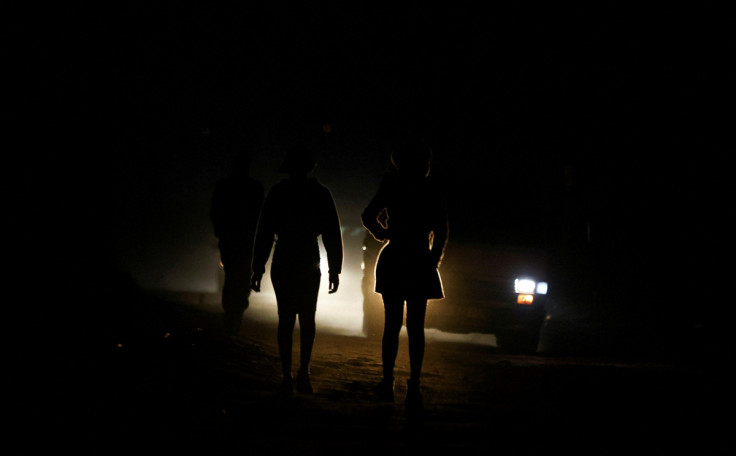Ruling ANC Caught Napping As South Africa's Power Sector Dilapidates

Before the African National Congress (ANC) came to power, the power utility of South Africa turned the nation's huge coal reserves into a cheap source of electricity. Then, it had the capacity to feed the domestic market and supply the deficit in neighboring nations.
After Southern Africa moved to democracy, the new government, led by the ANC, took it for granted and looked sideways to replace aging power utilities. When the party and the government woke up to the reality, it was too late to stave off a power crisis, while corruption, vandalism, sabotage and poor project management further added to the woes.
Currently, the ruling ANC is holding its party conference while South Africans are living with a 14-year electricity crisis. Almost half of the generating capacity of South Africa's troubled state electricity monopoly Eskom Holdings has gone offline and businesses are staying put with power cuts for at least six hours a day. This year alone, there have been more than 180 days of blackouts in Africa's second-largest economy.
Ankerlig and Gourikwa, two big diesel plants, have limited stock and are set aside to meet dire emergencies. The 2,000-megawatt capacity of these two plants is vital as South Africa's outages are moved up in stages - reducing 1,000 megawatts at each level.
The ANC is holding the vital meeting, which will end on Dec. 20, amid a leadership crisis and dwarfing public support. The meeting will decide whether to keep the current president at the helm of affairs while the country is passing through the Stage 6 load shedding, slapped by Eskom on Dec. 7.
At this stage, around 6,000 megawatts of power is shed and businesses and households are impacted up to 18 times over four days. As a result, consumers are forced to shell out more for electricity.
"This is due to a high number of breakdowns since midnight, as well as the requirement to strictly preserve the remaining emergency generation reserves," Eskom said in a statement.
President Cyril Ramaphosa's government is looking for emergency funding or risk more severe blackouts. However, hardly a few investors are willing to come to the rescue of the indebted state-owned utility.
The current crisis is attributed to the diesel shortage as it does not make up for sudden shortfalls of power at peak times as Eskom is struggling to maintain its old coal plants.
Maintenance is another issue plaguing Eskom due to funding delays. So, when maintenance is carried out, it fails to meet the standard.
South Africa's Department of Public Enterprises, which manages Eskom, is working with the treasury to find money to buy diesel as global diesel prices have skyrocketed following Russia's invasion of Ukraine this year.
Jan Oberholzer, Eskom's chief operating officer, has said the company had spent 11bn rand ($636mn) on diesel in the past 10 months, which adds to the burden of the power utility that is already hit with more than 400 billion rand of debt.
Many of Eskom's aging fleet of generating units are frequently down due to the scarcity of diesel.
Currently, Eskom uses coal as a major energy source for South Africa's energy production. South Africa, the world's fifth-largest coal exporter, uses coal for around 80 percent of the country's energy mix. The focus on coal has taken its toll on solar and wind energy production. It is also denting South Africa's efforts to meet climate emission targets by 2030.
There are reports that Eskom was forced to use coal mixed with sand and rocks as a means of increasing its weight. The sub-standard product finding its way to Eskom's boilers reveals deficiencies in inspection and quality control, while unscrupulous coal producers go scot-free.
The government unveiled a slew of measures this year to generate power outside Eskom with private participation in renewables. But new projects are not moving in tandem with the power crisis in the country.
It seems the older coal-fired power utilities in South Africa are coming to the end of their utility because of concerns about greenhouse gas emissions and the ruling party's complacency.
The current power crisis can cause trouble for the ruling ANC in the upcoming elections.
© Copyright 2025 IBTimes IT. All rights reserved.





















